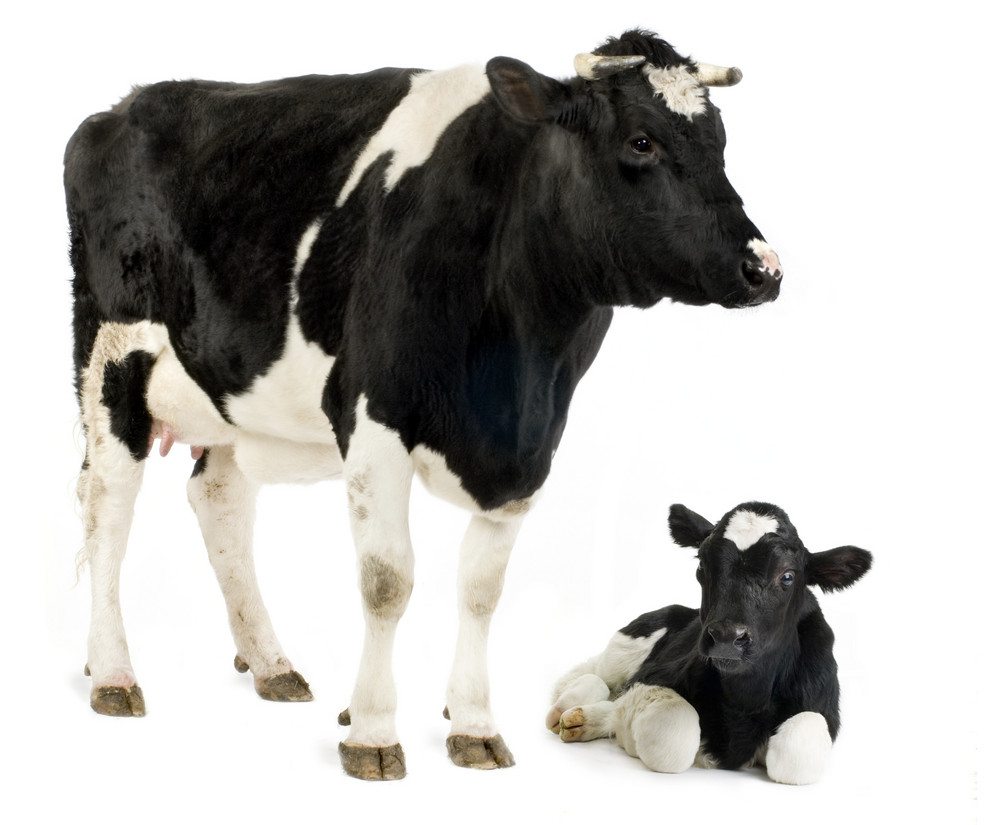What happens to breeding and dairy cattle exported overseas?
Each year, Australia exports tens of thousands of dairy cattle and breeding animals to countries all over the world to increase and improve local herds through breeding programs. Unfortunately, there are no laws to protect these animals once they leave Australia. Breeding animals are not covered by the Australian Government Exporter Supply Chain Assurance System (ESCAS) as the government believes it does not have responsibility for the welfare of these animals once they leave Australian jurisdiction.
Australian regulations surrounding cattle exported abroad for breeding pose a huge risk to some of the most vulnerable animals exported – heavily pregnant cattle. Australian Standards for the Export of Livestock (ASEL) allow for cattle up to 190 days gestation at the scheduled date of discharge to be exported. However, there is an accepted margin of error in pregnancy testing of late-term cattle of 30 days. This means that cattle could already be well into their third trimester during the sea voyage.
A 2013 Government investigation into a breeding facility in Qatar highlighted how completely unprotected Australian breeding animals are once they leave our shores. Despite clear evidence that 7,000 sheep and a number of cows and calves died from malnutrition and heat stress at the facility, nothing was or could be done to prevent further suffering because of the lack of regulation.
In 2019, the media exposed the tragic fate of hundreds of Australian dairy cattle exported to various farms in Sri Lanka. Climatic variations, exotic diseases, and a lack of basic husbandry knowledge and facilities contributed to hundreds of cows becoming severely malnourished and dying from disease and starvation.
RSPCA Australia believes the ESCAS should be reviewed by the Australian Government and extended to cover animals sent overseas for breeding and dairy purposes.
If you would like to take action on this issues, please visit our live export key issue page.

Was this article helpful?
This work is licensed under a Creative Commons Attribution-NonCommercial-NoDerivatives 4.0 International License.


